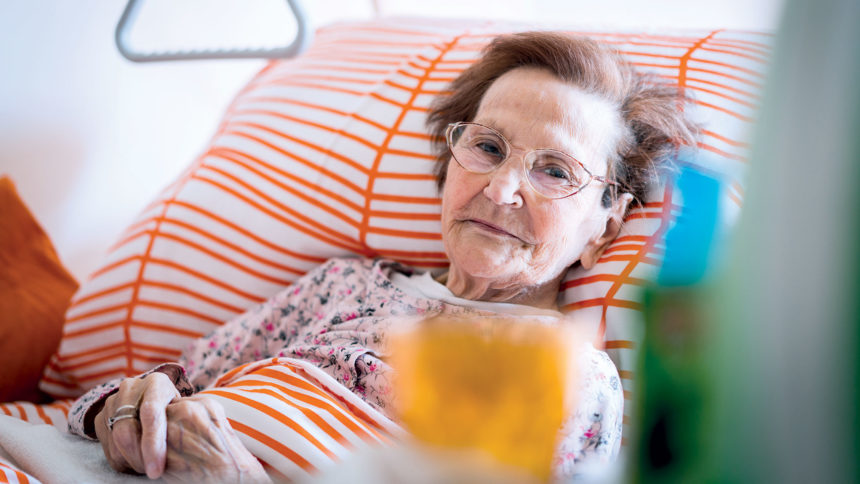
Clinicians must do more to screen for and intervene in cases of loneliness among older adults at the end-of-life – not only during the dying period, say investigators from the University of Michigan.
Lonely older adults are burdened by more health symptoms and receive more intensive end-of-life care than their peers who don’t suffer from loneliness, reported Nauzley Abedini, M.D., MSc, and colleagues.
“Loneliness is a pervasive psychosocial phenomenon with profound implications for the health and wellbeing of older adults throughout the life continuum, and particularly at the end of life,” Abedini said.
One-third of the nearly 2,900 older Americans studied reported loneliness, according to the researchers’ new analysis of Health and Retirement Study data. These individuals had more chronic health symptoms, were more likely to require life support in the last two years of life (35.5% versus 29.4%) and were more likely to die in an eldercare facility (18.4% versus 14.2%) than individuals who did not report being lonely.
The researchers found no significant differences between the two groups in the number of hospice enrollments and hospitalizations, in dialysis use or in likelihood of having an advance care plan.
The study was published Tuesday in the Journal of the American Geriatrics Society.




